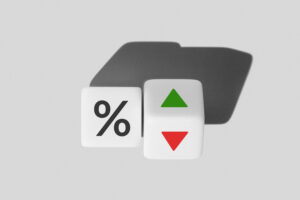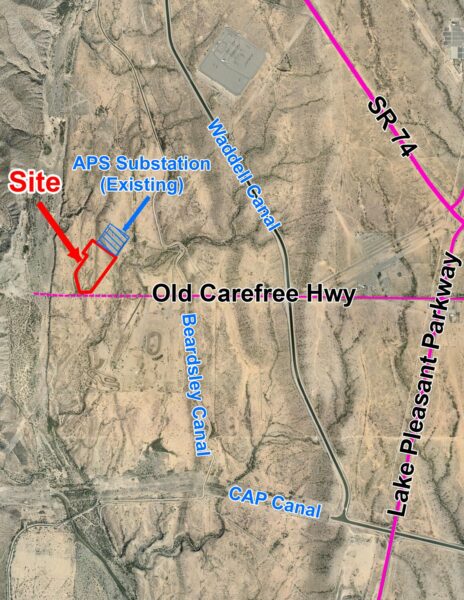 ASU W.P. Carey School of Business
ASU W.P. Carey School of Business
While August temperatures spiked, the real estate market in Phoenix was cooling down, according to the monthly report from the Center for Real Estate Theory and Practice. Sales were up 12 percent compared to August 2014, but compared to a sizzling July, they dropped 11 percent. And as you would expect, the ho-hum sales were accompanied by lackluster pricing. Here’s Michael Orr, director of the center and author of the report.
Michael Orr: They are actually drifting down over the past couple of three months but still quite a way up over where they were last year. This drifting down happens pretty much every summer.
Research: But it’s not so much that houses are getting cheaper — it’s the houses that are selling — houses at the low end of the market are the ones that are moving these days. But, the luxury houses are not. Orr thinks the drop in the luxury market can be traced back to the stock market dip this summer.
Orr: There’s always a strong second quarter for the luxury homes. In fact, this second quarter in terms of dollars spent on homes over a million dollars in the inner areas like Paradise Valley, Biltmore and Arcadia, has been the best year in 15 years. It’s even higher than during the bubble when expressed in dollars rather than units. So it was a really good spring but just as the stock market started losing some steam in the third quarter it started worrying people particularly in August. That doesn’t affect the housing market as a whole, but it affects the luxury housing market.
Research: The mid-market is still very active, but despite demand, prices are holding steady.
Orr: I don’t think prices are moving much there because that’s where most of the extra supplies are coming along from builders. So that’s sort of meeting the demand and it’s reasonably well balanced there. There’s no shortage of supplies so that anyone who wants a home can get one. That market has grown the most, but it has not really seen a huge change in pricing.
Research: On the other hand at the low-end, weak supply is pushing prices up.
Orr: What’s happening below that, at the bottom end, is low volume because there’s not enough supply and the lack of supply has meant that even with relatively weak demand; prices have gone up quite strongly there. So you’re seeing a 10 percent increase at the bottom end, not very much elsewhere but the overall average is about four or five percent, on an annual basis.
Research: That’s because demand across the market has been unexceptional.
Orr: I would say that it’s gone off the boil at the top end. It is still not exceptional at the bottom end. I don’t think we’ve got the millennials suddenly seeing the light and decide to buy instead of rent.
Research: Now that it’s fall, the market will experience some stirrings, but as we head into the holidays, things will quiet down even more.
Orr: You get a little bit of activity from the snowbirds but less activity from the family buyers. And overall there are a lot more family buyers than snowbirds, so that means the market cools down every month from July to November.
Research: December often surprises us, however.
Orr: I don’t know what the reason is but we usually get a fairly busy December. Maybe if people want a house, they want to get it done before Christmas and not during January because January is usually extremely quiet. January is the weakest month of the year for sales, at least for close sales.
Research: Canadians produced what might be the most interesting activity in late summer, selling more houses than they were buying — which is about the opposite of what was going on a year ago.
Orr: It’s the exchange rate coupled with the fact that a lot of the people who buy here are based on the oil and gas business. They’re not feeling as wealthy as they did. Especially if they were compensated in shares or share options. The shale business is doing not so great, so people who thought they were multi-millionaires in Alberta are not feeling quite so rich. Probably the ones who have already bought a home in Arizona, they’ve got a depreciated asset. Even if it hasn’t gone up a lot in U.S. dollars, it’s gone up a lot in Canadian dollars.
Research: Out of state buyers are declining as well.
Orr: It’s not as dropped as much because it hasn’t got the currency effect. We’re not seeing the vacation home market as strong as it used to be and that can effect some of the outer markets. They’re places like Fountain Hills, Gold Canyon and Maricopa. They’re places that are quite a distance from the center, they’re sort of a holiday home because don’t need to commute. They want to be close to the mountains, the lakes and the golf courses. So they’re seeing a little bit less demand than normal. California is always the strongest supplier of buyers and it remains top, but it’s only doing a relatively small percentage compared to what it was 10 years ago.











